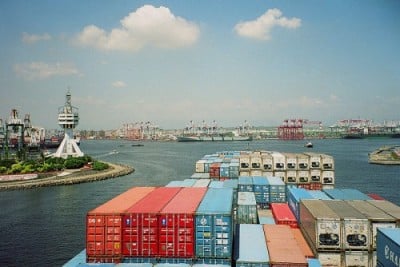Air, Sea, Truck, and Rail are the four modes of transporting your merchandise from location to location.
These transportation services are either provided directly by the carrier (e.g. the shipping line) or by what is known as a non-carrier operating third party. A non-carrier generally contracts space on the ship, plane, etc and then resells the space with other services. For air shipments these entities are called CONSOLIDATORS and for Ships they are called NON-VESSEL OPERATING COMMON CARRIERS (NVOCC).
When should an importer use a Consolidator or an NVOCC?
These services provide a practical and economical way for importers who ship less than a full shipping unit (i.e. igloo for air, container for sea, trailer for truck) to gain a cheaper rate.
Air Freight – Air freight carriers are not regulated thus the rates that they charge differ from person to person and/or from date to date. Airlines have a tariff (list or schedule) and are far less flexible then consolidators.
Vessel, Truck, and Rail Freight – All these services are regulated and all freight rates must be published in their tariff. Any negotiations for a cheaper rate must be filed with the agency in charge. If the importer is charged less than what was published the importer will still be liable to pay the freight damages (but may still be able to maintain a civil action against the carrier for breach of contract).
Check all available modes of transportation for the best rates and make sure that all legally related publishing requirements are met….Happy Importing!
 Credit: Free photos from acobox.com
Credit: Free photos from acobox.com

